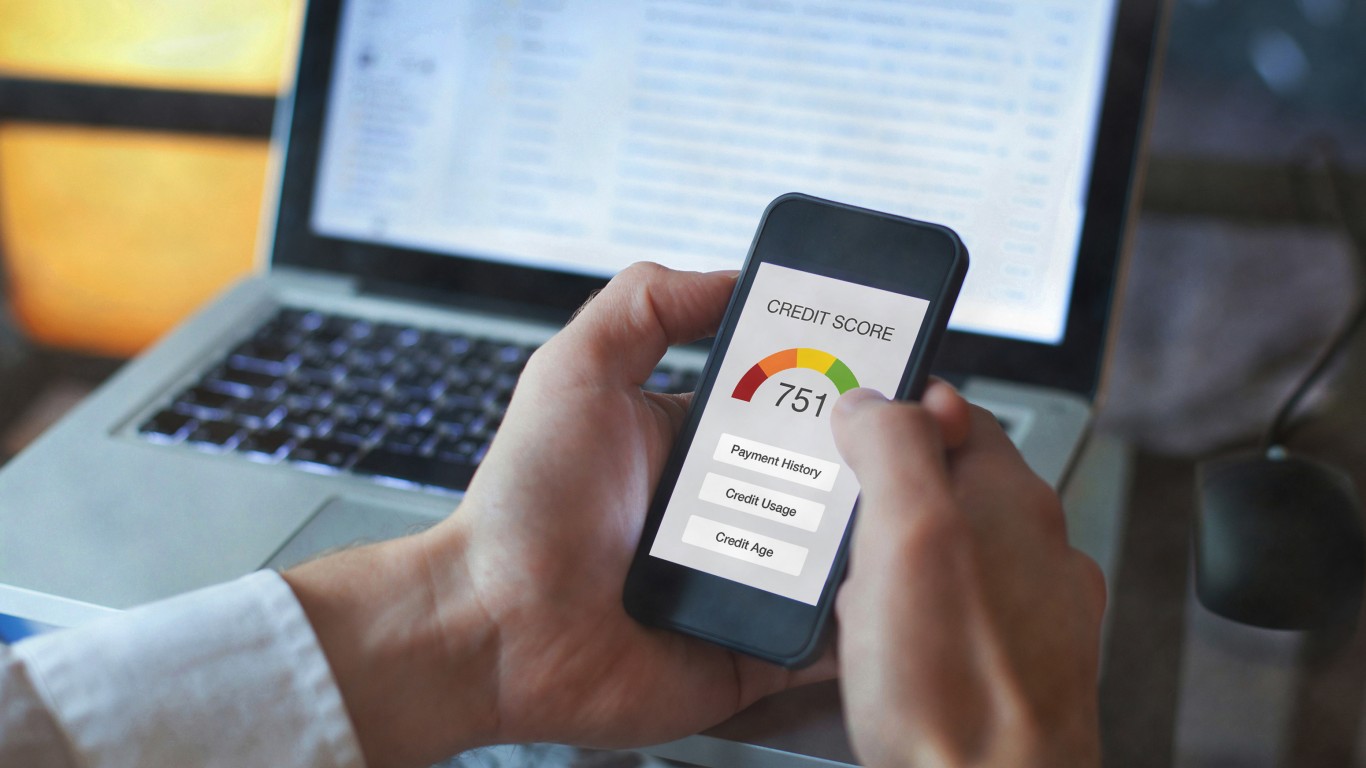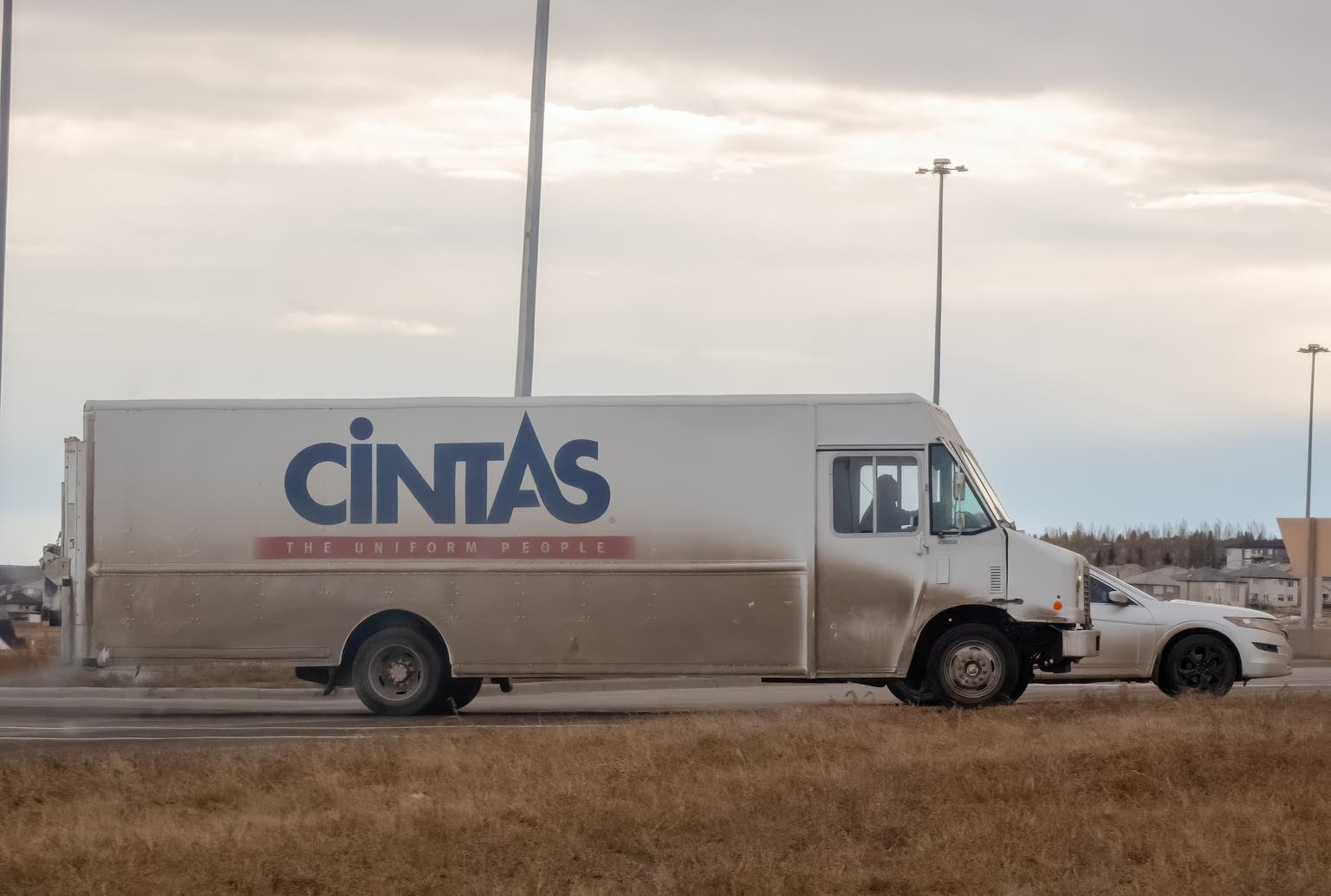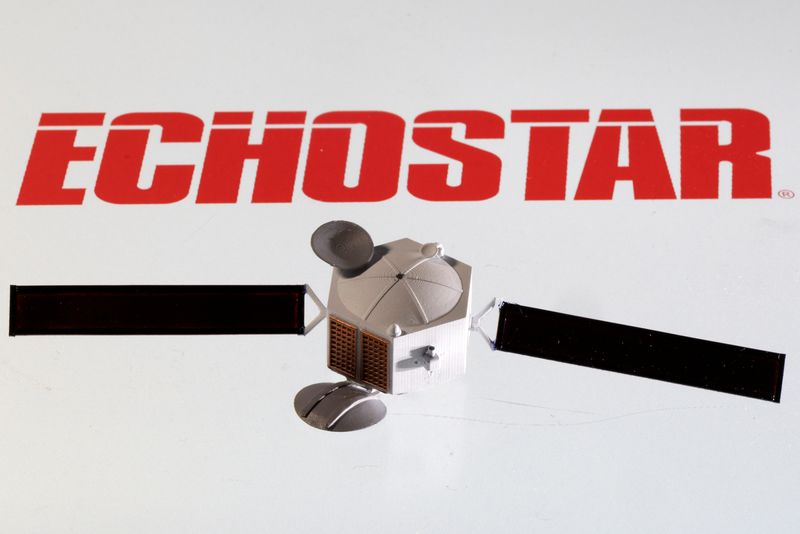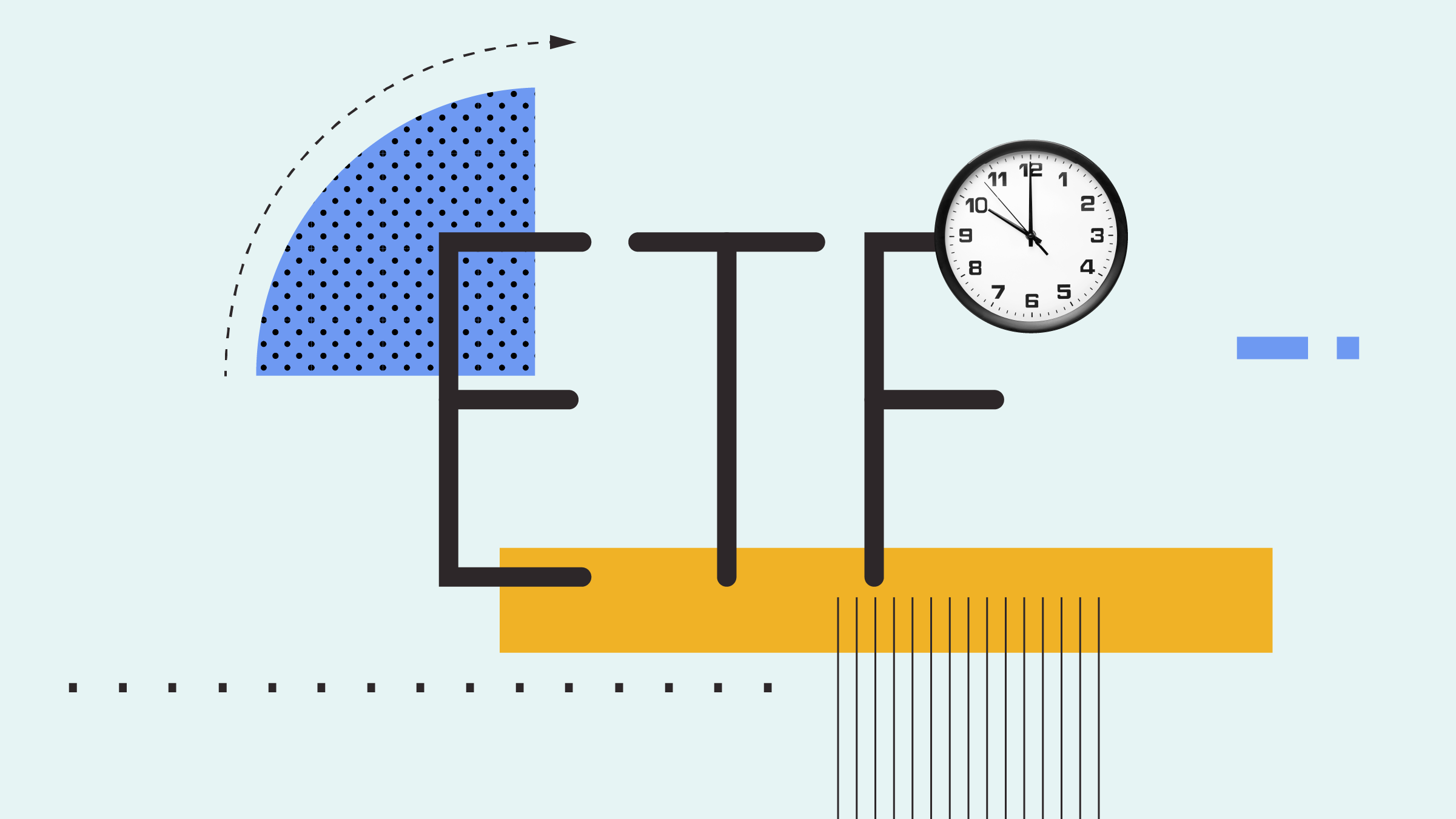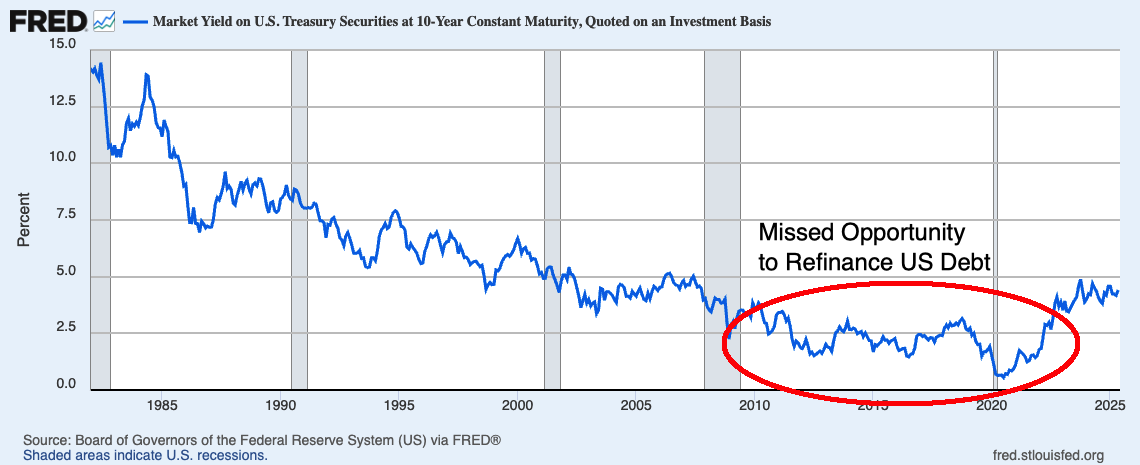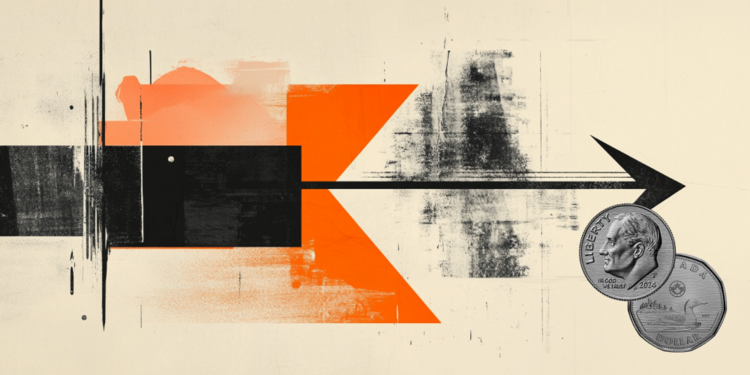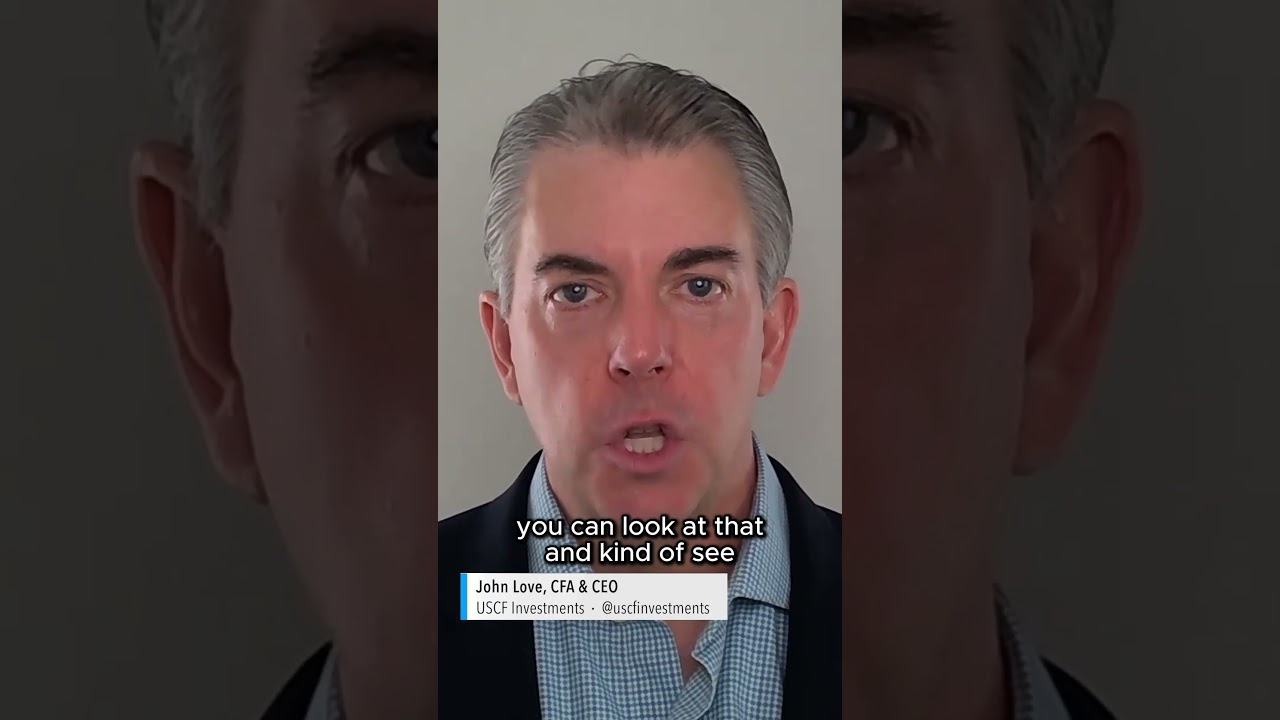I have $400,000 in IRAs. Can a nursing home take my savings?
A nursing home cannot take money out of your retirement account. However, if you don’t have long-term care insurance and are counting on Medicaid to cover your expenses, the amount you have in your IRA could impact eligibility. What you may be thinking of is Medicaid’s strict asset limits. In some states, retirement accounts count […] The post I have $400,000 in IRAs. Can a nursing home take my savings? appeared first on 24/7 Wall St..

Key Points
-
A nursing home cannot take money from your retirement account.
-
However, if you’re counting on Medicaid to pay for long-term nursing home care, the funds in your IRA may impact eligibility.
-
Your best move is to work with a financial advisor or attorney who specializes in elder-related issues.
-
Are you ahead, or behind on retirement? SmartAsset’s free tool can match you with a financial advisor in minutes to help you answer that today. Each advisor has been carefully vetted, and must act in your best interests. Don’t waste another minute; get started by clicking here.(Sponsor)
A nursing home cannot take money out of your retirement account. However, if you don’t have long-term care insurance and are counting on Medicaid to cover your expenses, the amount you have in your IRA could impact eligibility.
What you may be thinking of is Medicaid’s strict asset limits. In some states, retirement accounts count toward those limits. If you live in such a state, you’ll be required to use the funds in your IRA to pay for the nursing home care. Medicaid won’t kick in until your available assets fall below a certain threshold.
In short, if you’re ever in need of nursing home care, you may need to pay for it with your own funds – at least until those funds run out.
A low threshold
According to the American Council on Aging, a single senior applicant, aged 65 or older, can have no more than $2,000 in countable assets to be eligible for Medicaid. But that amount can vary by state. For example, Illinois has an asset limit of $17,500 and New York allows a person to hold onto $32,396 in assets.
What counts as an asset?
There are countable assets and exempt assets. For example, your home furnishings, appliances, personal items, one vehicle, and home are typically exempt. For your home to be exempt, you or a spouse must live in the property or have an intent to return to the property following care. If you own a business and have business assets, they may be exempt if they’re essential to your income. However, they must be in use or expected to be in use in the future.
Medicaid considers assets that can easily be converted to cash as “countable.” For example:
- Cash and bank accounts
- Investments like stocks, bonds, mutual funds, and other investment accounts
- Cash value of life insurance exceeding a limit
- Retirement accounts, such as 401(k)s, IRAs, and others, especially if you’re drawing income from them
- Second homes, vacation properties, and other real estate holdings (other than your primary home)
- Vehicles other than your primary vehicle, including snowmobiles, boats, motorcycles, and campers.
- Trust accounts that you have access to
- Annuities
- Personal property, including jewelry, art, or collectibles, may be counted
A few things to keep in mind
It’s important to consider a few potentially positive pieces of news.
- About 35% of people will spend time in nursing home care, with an average stay of about a year. The better news is that 65% may never deal with covering that particular cost.
- In most cases, Medicare will cover up to 100 days of nursing home care. That means if you break a hip or need to recover from another condition, your stay could be covered by Medicare without the need to spend down IRA funds.
- Much depends on the state in which you live. Some have stricter Medicaid requirements than others. You may live in a state with more generous rules toward Medicaid recipients.
You have options
The idea of losing everything you’ve worked so hard for to cover medical care is a nightmare scenario for millions of Americans. However, there are steps you can take now to determine the best path forward. For example:
- Look into long-term care insurance: This can help you cover some or all the costs associated with nursing home care, allowing you to leave your IRA untouched.
- Irrevocable trust: While differing opinions exist on the wisdom of putting your assets into an irrevocable trust, it is another way to protect them.
- Medicaid-compliant annuities: Structured to be exempt from Medicaid’s asset rules.
The tricky bit
When it comes to Medicaid, there’s no single set of rules that apply to everyone. For example, if you’re applying for Aged, Blind and Disabled (ABD) Medicaid, the rules are different than if you’re applying for traditional Medicaid.
The key is not to wait until you need nursing home care to plan for the expense. Let’s say you decide to get around paying for nursing home care by giving all your money away. Unless it’s been at least five years since you took that action, Medicaid will “claw back” the funds and expect you to pay what you would have paid before the money left your account.
You don’t have to go through the planning process alone, though. There are professionals trained to help. If you’re interested in finding ways to protect your assets, consult with a retirement planner with expertise in eldercare, an elder law attorney, or a commission-based Medicaid planner.
Why this is important
The desire to be financially stable and physically healthy is a worthy goal. However, health concerns can negatively impact financial stability. It’s important to plan in advance for a day when healthcare might eat into your finances.
The post I have $400,000 in IRAs. Can a nursing home take my savings? appeared first on 24/7 Wall St..








































